A successful relationship is determined not by the number of years spent together, but by how well it is sustained. Here are some of the effects of negative thinking in relationships that you should be aware of in order to avoid further damage to a meaningful connection.
The fate of your relationship lies in how you think about it.
Impact of Negative Thinking in Relationships
Toxic thinking has a powerful impact on relationships because your toxic thoughts profoundly influence how you feel. This is one of the most important points about toxic thinking to understand. The thoughts we think when we talk to ourselves don’t just go in and out of our heads. They stick.
Our feelings, moods, and actions are driven by our self-talk. I’m sure you have heard yourself or someone you know say, “I don’t know why, but I feel so close to him today,” or, “I can’t figure out why I’m so angry with her.” There’s no mystery. This is proof of the power of your underlying self-talk. Your thoughts can either make you feel good about your partner and your relationship (if you think positive ones) or disappointed, angry, sad (if you think toxic ones) about your partner and your relationship.
If you’re telling yourself over and over again that your relationship partner is irresponsible and lazy, what feelings are you going to have about him? Bad ones. You’re going to feel like you’ve hooked up with an irresponsible, lazy guy. How could you not?
If your internal self-talk tape has “She’s holding me back” on constant play you will end up focusing on all of those events or experiences in your life that prove to you that your partner is somehow holding you back.
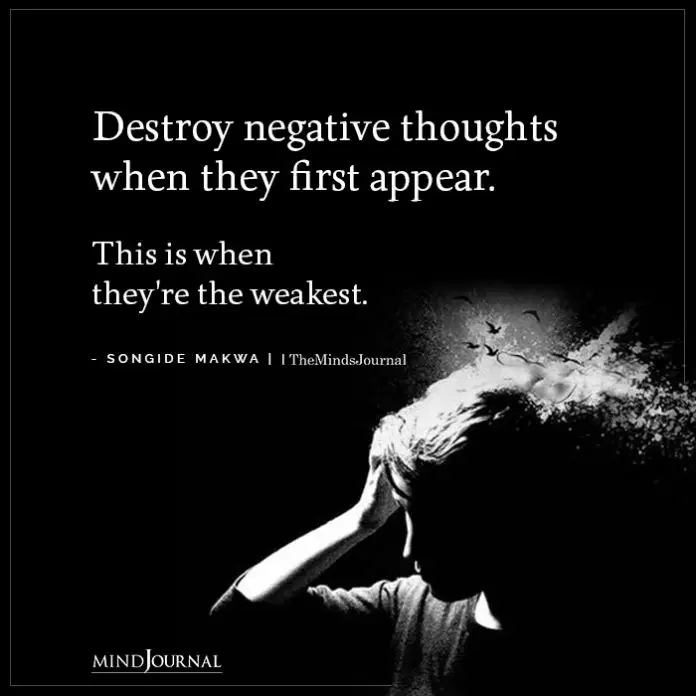
Related: The Truth About Dealbreakers In Relationships
You are going to feel badly about yourself for letting her hold you back. You are going to feel badly about her—after all, she’s the one preventing your dreams from coming true. And you’re going to feel badly about your life in general—how could you not when your dreams have been thwarted this way? You are going to create the reality around yourself that you are being robbed of something because she is holding you back.
And what kind of relationship can you have with these types of thoughts swirling around in your head? Not a very strong one.
You can also make yourself physically sick. If you’re a toxic self-talker about yourself or your relationship, you might have high blood pressure or a nervous stomach. Maybe you suffer from headaches or are overweight. Toxic self-talk harms us physically as well as mentally. When we talk toxic, we feel toxic—stressed out, tired, and often depressed and anxious.
So, even if you don’t realize you’re telling yourself something toxic about your partner (because we so often self-talk without realizing what we’re saying), toxic talk still silently and strongly influences the way you feel and behave. If you repeatedly tell yourself something toxic about your partner day after day or during argument after argument—“He can’t do anything right,” or “She’s an impossible nag”—eventually you will perceive that toxic statement as the reality, even if it’s not.
Related: The Silent Killer of Loving Relationships
Toxic Thinking Creates Its Own Reality
As I explain in my book, Why Can’t You Read My Mind?, the relationship reality you experience is shaped by you. Think about that fact for a moment—even if it’s not the reality. That’s a powerful statement. It’s also scary, isn’t it? We can turn our thoughts into reality—thoughts that we may not even be aware we’re having. This means that even if we’re not unattractive to our intimate partners, we can actually convince ourselves, and therefore others, that we are, just by thinking such a thing about ourselves. That is scary.
In my field, you’ll often hear the phrase, “What you resist, will persist.” So true: Toxic thoughts will not just go away by themselves. After thousands of hours of psychotherapy with people from all walks of life, I can tell you with confidence and certainty that many people think that they can ignore or outrun their toxic thoughts—but they’re wrong. Over and over, I have seen couples at various breaking points, with one or both partners feeling anxious or depressed, turning to food, alcohol, or drugs for comfort.
Most of the time toxic thinking is an important contributor, if not the main contributor, to these problems. Often these couples come to therapy only after their toxic thoughts have been slamming them around for years. They’re so exhausted from trying to outrun and ignore their toxic thoughts that they feel desperate or are so fed up that they’re willing to seek professional help.
Related: How Your New Age Beliefs Are Getting You In Toxic Relationships
How To Control Toxic Thoughts Before They Control You
Since the dawn of man, we have been influenced—for better or worse—by the way we look at situations and then by the way we talk to ourselves about those situations. The Roman philosopher Epictetus beat us all to the punch when he said, “Man is not disturbed by events alone but by his perception of events.”
If Epictetus was right, and I think he was, then doesn’t it stand to reason that we can actually detoxify our thinking and change our perception of events? Imagine the freedom we could enjoy if we stopped beating up ourselves and our intimate partners. Think how much better we’d all feel if we could deal with the real issues of our relationships instead of the toxic ones that lead us off on tangents.

The truth is that you can actually feel good or better by modifying how you think about yourself. So, instead of thinking the toxic thought that you are “being irresponsible,” you think the more positive thought that you made an “honest mistake,” or you had a “key learning experience.” Instead of “being lazy,” you had a “recharging period.” Instead of “being a failure,” you had a “setback” or you are “closer to a solution.”
Do you think you would start feeling differently about yourself if you could detoxify your toxic thoughts?
You better believe it.
And don’t you think you would start to feel better about your partner if you could detoxify your thinking about him or her?
You better believe that too.
The ability to re-think and work through your toxic thoughts is key to feeling good about yourself and others. It’s also the key to taking positive action. By applying more healthy, realistic, and positive “thinking” skills, you’ll be able to rid your life of the toxic thoughts that are undermining your happiness.
It is common to have worries every now and then. But, don’t let negative thoughts in a relationship consume you. Let us know your thoughts about how to control toxic thoughts in the comments below!
Written by: Jeffrey Bernstein Ph.D. Originally appeared on: Psychology Today Republished with permission
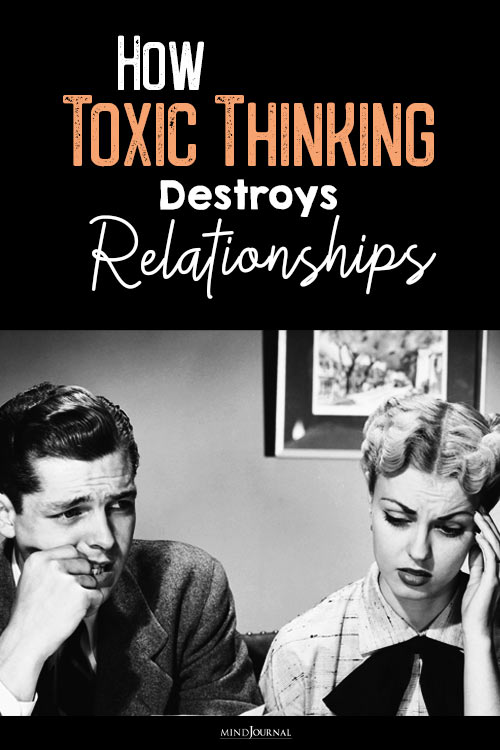
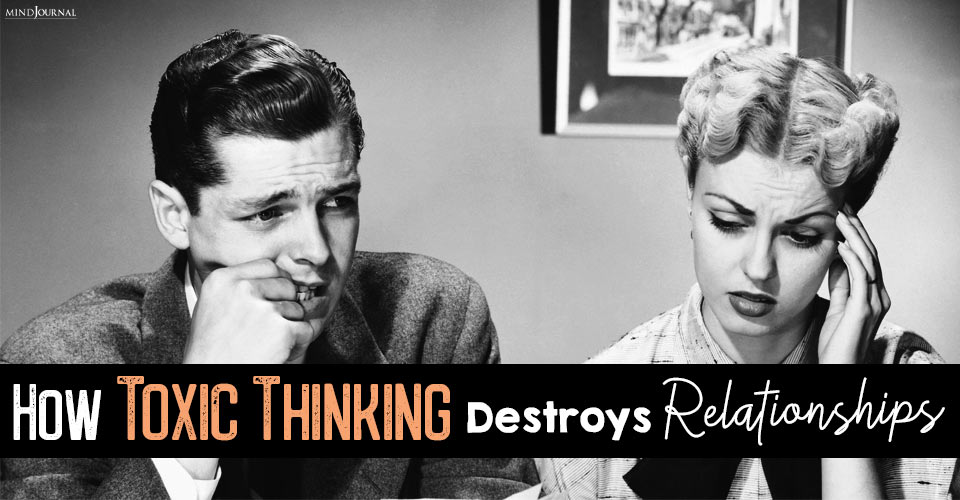




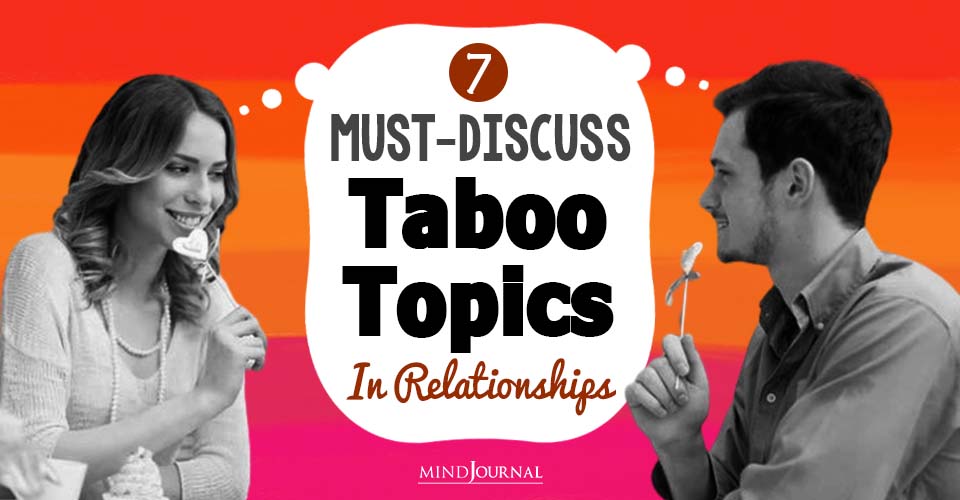

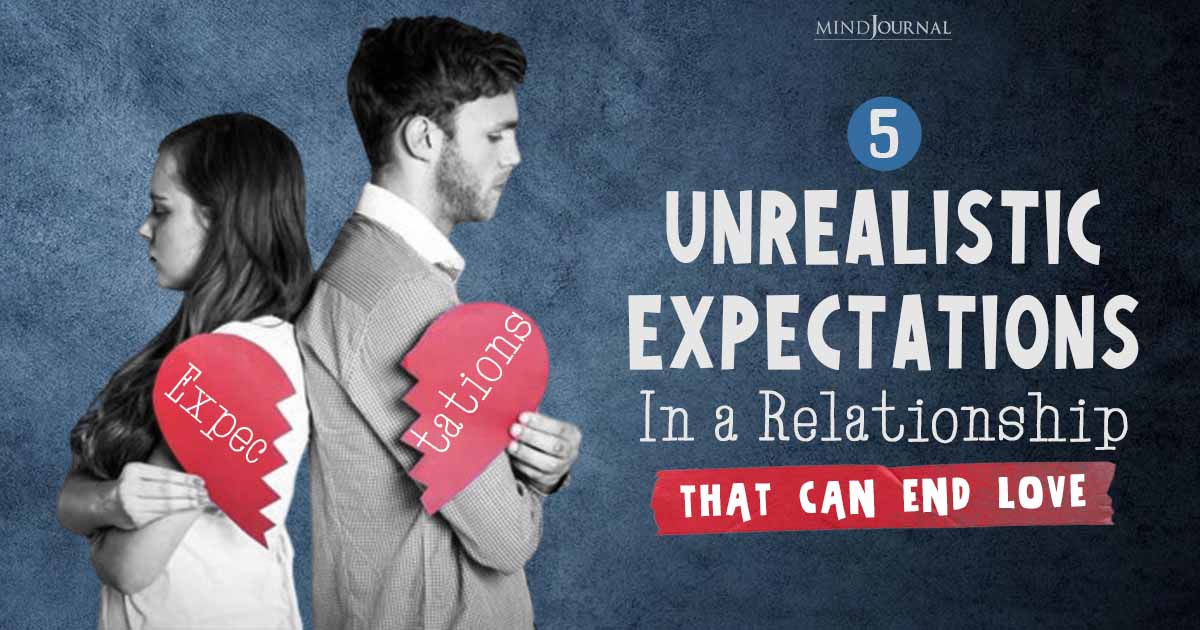
Leave a Reply
You must be logged in to post a comment.